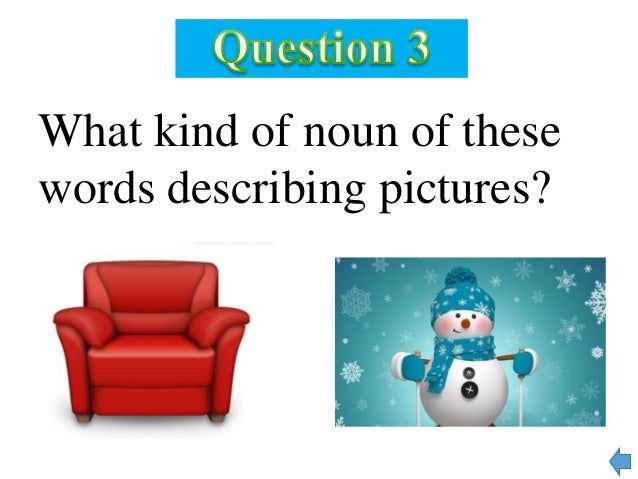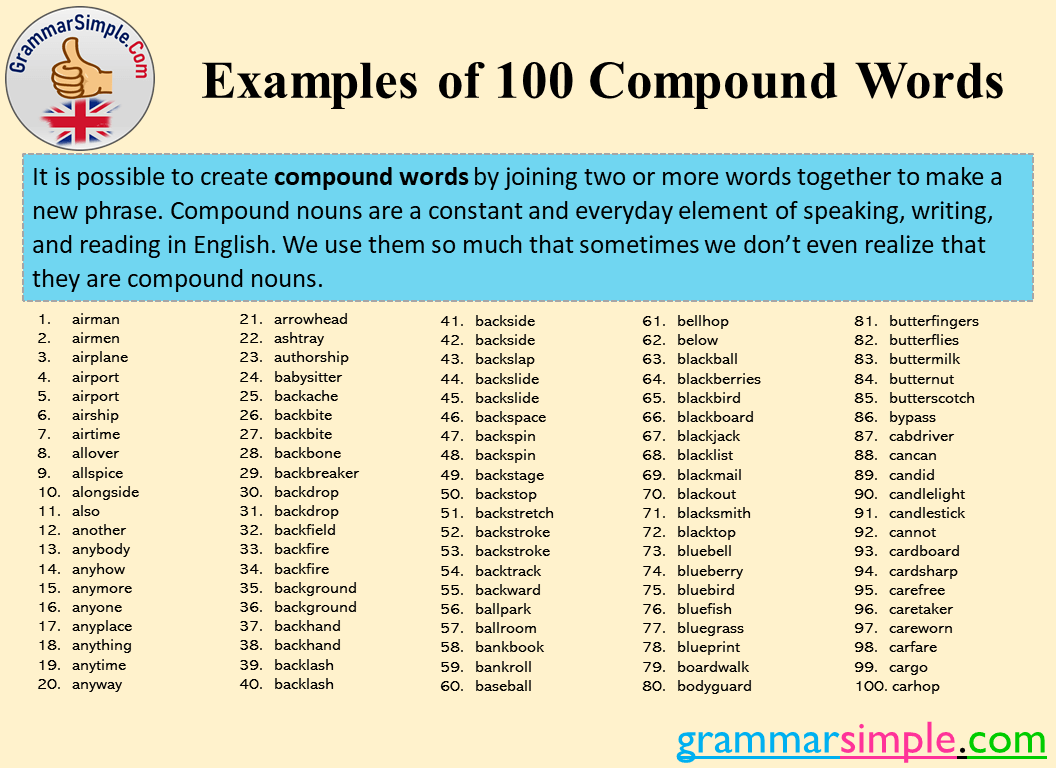

a shop or business) -ment managementĮlect (= choose somebody by voting) -ion electionĭiscuss (= talk about something seriously) -ion discussion Sometimes nouns formed by abstract noun suffixes may come to denote concrete things or persons as in translation (a process amid its result), beauty (may denote an abstract notion and a beautiful woman). The suffixes -ess,-ine -ette,-ix are feminine. ion/-sion/-tion/-ation: operation, tension, examination The main noun-forming suffixes are those forming abstract nouns and those forming concrete, personal nouns. Simple nouns consist of only one root-morpheme: dog, chair, room, roof, leaf.ĭerived nouns (derivatives) are composed of one root-morpheme and one or more derivational morphemes (prefixes or suffixes). Conan Doyle devised for a story "Upon the Distinction Between the Ashes of the Various Tobaccos".Īccording to their morphological composition nouns can be divided into simple, derived, and compound.

He was speaking with the enthusiasm of youth.Ī noun of material used as a count noun undergoes a semantic change so as to denote: kind of, type of: He found her drinking Chinese tea, which she didn't like - but what could one do, other teas were common. They wrapped up the present in brown paper. They often have considerable difference in meaning in the two classes. There are some nouns which may be classified both as count and non-count. Collective nounsdenoting a group of persons:
/Getty_content_word-155378984-585200df5f9b586e02c51195.jpg)
Nouns denoting living beings - persons and animals:ģ. Semantic classification of English nouns is shown in the following scheme:Ĭoncrete nouns semantically fall into three subclasses.ġ. Further distinction is into concretenouns, abstract nouns and nouns of material. The former are inflected for number, whereas the latter are not. So there are countand non-countand collectivecommon nouns. ^ Common nounscan be classified into nouns denoting objects that can be counted and those that cannot. Proper nouns are geographical names (New York, the Thames, Asia, the Alps), names of individual (unique) persons (John, Byron, Brown), names of the months and the days of the week (January, Sunday), names of planets (the Moon, the Sun, the Earth), names of ships, hotels, clubs (Shepherd's Hotel), of buildings, streets, parks, bridges (Buckingham Palace, Trafalgar Square, Regent Street, Charing Cross Road, Piccadilly Circus, Kensington Gardens, Hyde Park, Waterloo Bridge), of institutions, organizations, magazines and newspapers (the United Nations, the New Times, the Guardian). Semantically all nouns fall into proper nounsand common nouns. Thus nouns name things (book, table), living beings (man, tiger), places (valley, London, England), materials (iron, oil), processes (life, laughter), states (sleep, consciousness), abstract notions (socialism, joy) and qualities (kindness, courage). The noun denotes thingness in a general sense.


 0 kommentar(er)
0 kommentar(er)
